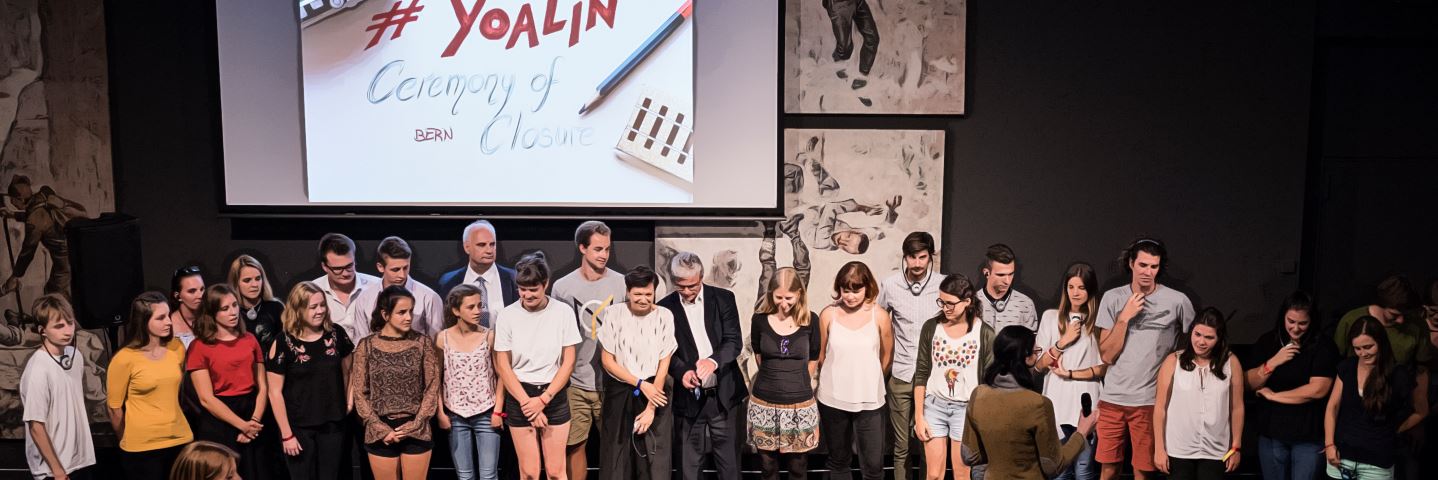The story of the Youth Alpine Interrail started a few years ago. The CIPRA Youth Council (CYC) took part in the project «Youth Alpine Express» and travelled sustainably to the EXPO in Milan and the Alpine Conference at the AlpWeek in Germany. Within the «Youth Alpine Express»-project, which lasted two years, young people from all over the Alps visited four important events in the Alps – the EXPO, CIPRA’s annual conference in Liechtenstein, the Youth Parliament of the Alpine Convention in Bassano/IT and the AlpWeek 2016 in Grassau/DE.
The «Youth Alpine Express» tried to raise awareness about sustainable lifestyles and environmental friendly mobility. In this project dozens of young people and youth workers travelled from their hometowns in the Alps to four international events relevant for the Alps – in a sustainable way by train, bike, bus, foot or even a horse carriage. The participants were expected to bring their experience to their own local community afterwards by presenting their lessons learnt to the local political representatives. Additionally they were supposed to propose a reducing CO2 emission measure for young people in their municipality. During their travels they had the opportunity to discuss new ideas and solutions and to establish in this way a network of young, commited people from the Alps. The journeys were documented with pictures on the website and on Facebook.
The idea behind the «Youth Alpine Express»
The future of the Alps is strongly connected to the topic of climate change and limited natural resources. Mobility and traffic are causing around one third of CO2 emissions in the Alps. Young people living in the Alps have a crucial role making changes as they are the adults of tomorrow. Transport and consumer behavior are the two fields in which each single person can make a concrete contribution in everyday life – every day with every action.
The International Commission for the Protection of the Alps (CIPRA International) was the Lead Partner in the project «Youth Alpine Express». It was co-financed by the ERASMUS+ and by the german Federal Ministry for the Environment, Nature Conservation, Building and Nuclear Safety.



